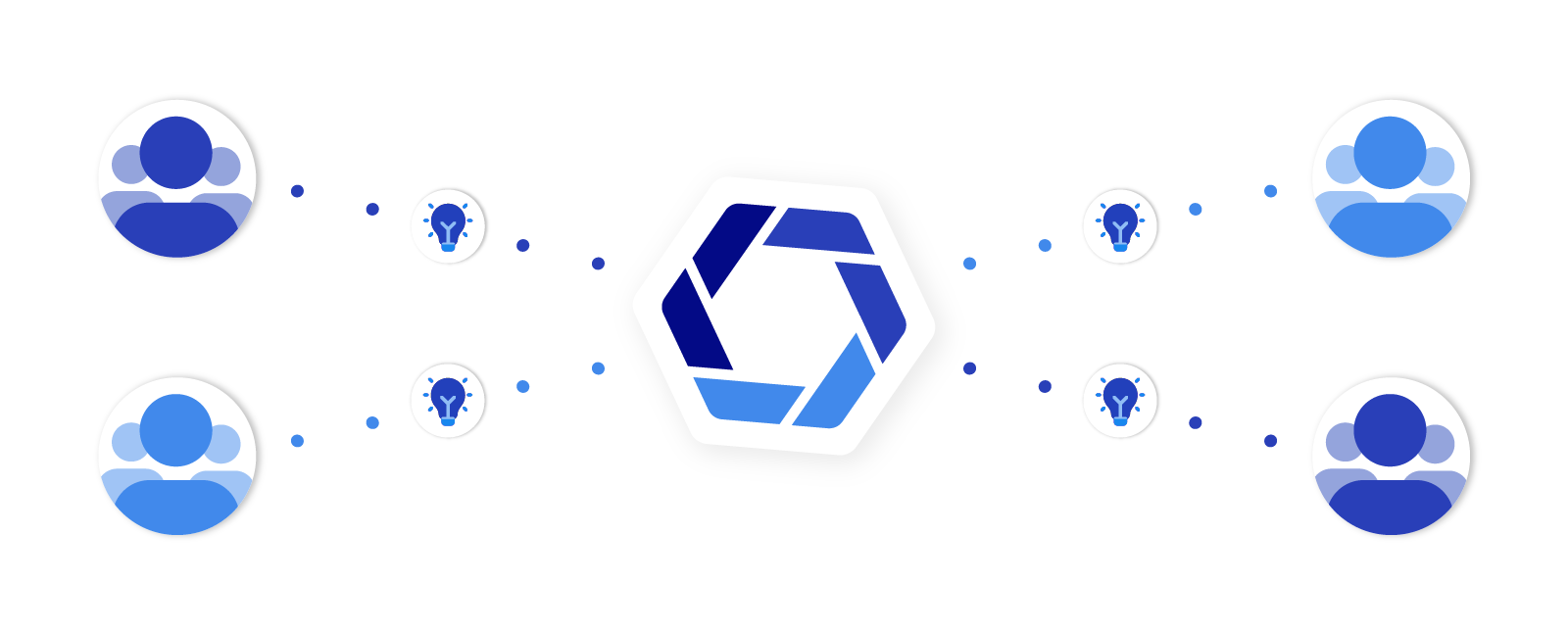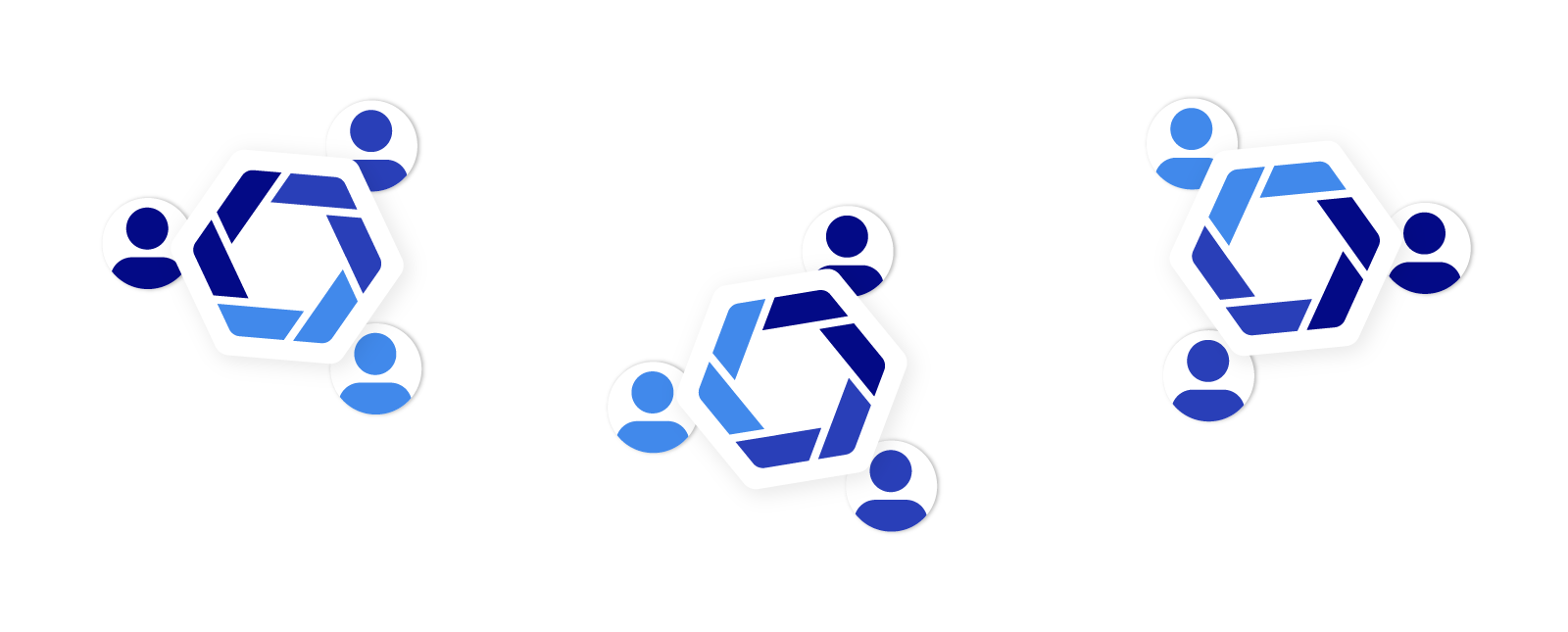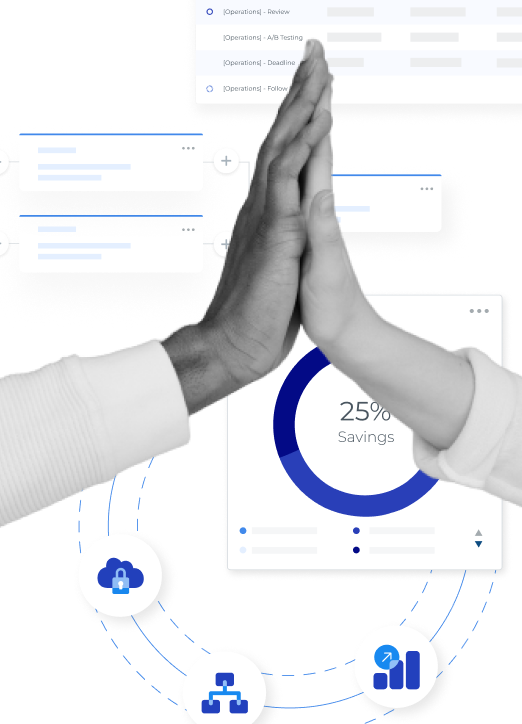In today’s fast-paced marketing world, marketers face many tasks that take up valuable time and prevent them from focusing on more strategic activities.
Fortunately, there is an AI solution. By leveraging the power of AI and other cutting-edge technologies, marketers can automate time-consuming tasks and free up valuable time to focus on higher-value activities.
This article will explore how AI can supercharge your marketing efforts and help you achieve your goals faster and more efficiently than ever.
Dive in and get ready to unlock the true potential of your marketing team with AI.
Can AI Help?
AI has revolutionized marketing teams’ operations, providing solutions beyond traditional use cases. Here are some ways marketing teams can use AI:
Sentiment Analysis
AI can be implemented to analyze customer sentiment across various channels, including social media, customer reviews, and feedback forms. By analyzing the sentiment of customer feedback, companies can gain valuable insights into how customers perceive their products or services. That can help them identify areas to improve or make changes to meet customer needs better.
Content Creation
AI-powered content creation tools use natural language processing and machine learning algorithms to generate content ideas, headlines, and articles based on keywords, topics, and other parameters. This technology has allowed marketing teams to save time and resources while creating high-quality content.
Influencer Marketing
AI can analyze vast amounts of data to identify your brand’s most relevant and effective influencers based on their audience, engagement, and other metrics.
By leveraging machine learning algorithms, AI can sift through many influencers to find those most likely to resonate with your target audience and drive engagement. That can help marketers maximize the impact of their campaigns by working with influencers who are relevant to their brand and have a proven track record of driving engagement and conversions.
AI can also help identify potential influencers who may not have been on the marketer’s radar, expanding their pool of potential collaborators.
Customer Segmentation
By analyzing vast amounts of data, AI can identify patterns and group customers based on their behavior, interests, and other factors. That allows marketers to create targeted campaigns and personalize their messaging to each segment, resulting in higher engagement and conversion rates.
AI-powered segmentation can also help marketers identify new opportunities and untapped markets. By analyzing customer behavior and preferences, AI can identify segments that have been overlooked or underserved. Marketers can then develop targeted campaigns to reach these segments and increase their customer base.
Predictive Customer Lifetime Value
Predictive customer lifetime value refers to the use of AI to predict the lifetime value of a customer based on their behavior, purchases, and other relevant metrics. AI algorithms can analyze data such as purchase history, frequency of purchases, and customer behavior to predict future purchases and customer churn.
That enables marketers to identify high-value customers and develop targeted marketing strategies to maximize their lifetime value, leading to increased customer loyalty, higher customer satisfaction, and, ultimately, increased revenue for the company.
AI is undoubtedly a valuable asset for marketing teams, offering a range of benefits, such as generating valuable insights, automating tedious tasks, and enabling data-driven decision-making. With the rise of AI, do we still need human marketers?
AI vs. People
AI can be a powerful tool for marketers, but viewing it as a tool rather than a competition is essential. Doing so lets us imagine how humans will work alongside AI. While it can perform many tasks, there are still many aspects of a marketer’s job that AI simply cannot do.
The Importance of Emotional Intelligence in Marketing
For example, AI cannot create emotional connections with customers or understand the nuances of human behavior. Human marketers possess a unique ability to connect with their target audience emotionally, leading to more effective campaigns.
Although AI can analyze data to understand consumer behavior, it cannot replicate the empathy and emotional intelligence inherent in human beings.
AI’s Limitations in Creativity and Originality
AI also needs to improve when it comes to creativity and originality. It can perform data analysis and campaign optimization with precision and speed. Still, it must replicate the human ability to develop new and innovative marketing strategies and campaigns.
Creativity and originality require a level of intuition, imagination, and emotional intelligence that AI does not possess. It can analyze past data and trends to make predictions but can only generate unique and groundbreaking ideas with human input.
Contextual Understanding in Marketing Campaigns
Human marketers have a significant advantage in their ability to understand and integrate the context in which their campaigns are being received.
That includes considering cultural, social, and political factors that may influence the effectiveness of their messaging.
By doing so, they can develop more relevant and effective campaigns to reach their target audience.
The Personal Touch in Marketing Efforts
Another critical advantage of human marketers over AI is their ability to add a personal touch to their marketing efforts, including responding to customer inquiries, providing personalized recommendations, and building long-term customer relationships.
With so many products and services, customers seek brands that offer a unique and customized experience. A personal touch can differentiate human marketers from competitors and make them stand out in customers’ minds.
The Role of Ethics in Marketing
Finally, human marketers can make ethical decisions and judgments about their campaigns and strategies.
With the emergence of AI, ethical considerations may be overlooked or not fully considered. That is especially true when the data used by AI is biased or incomplete, leading to potentially harmful outcomes for consumers and society.
It is, therefore, essential to recognize the value of human decision-making in the ethical marketing process.
Human marketers can apply their critical thinking and moral reasoning to assess the impact of their campaigns and strategies on various stakeholders. They can also incorporate feedback and make changes to ensure their approach reflects ethical standards.
The Value of Human Decision-Making in Marketing
AI can be a valuable tool for marketers, but more is needed to replace the human qualities that make marketing effective.
By embracing AI as a tool, marketers can unlock new ways to reach and engage their audience while leveraging the creativity, empathy, and intuition that only humans can bring to the table.
So if you’re looking to take your marketing game to the next level and achieve even greater success, it’s time to integrate AI into your strategy and tap into its limitless possibilities!
At Kizen, we’re here to help you make this transition to AI with an industry-tailored, data-forward platform ready to supercharge your marketing efforts.
We have the expertise to organize and activate your data without disrupting your current operations and the resources to integrate with your existing software applications seamlessly. Connect with us through our website, and we’ll schedule a time to chat.









